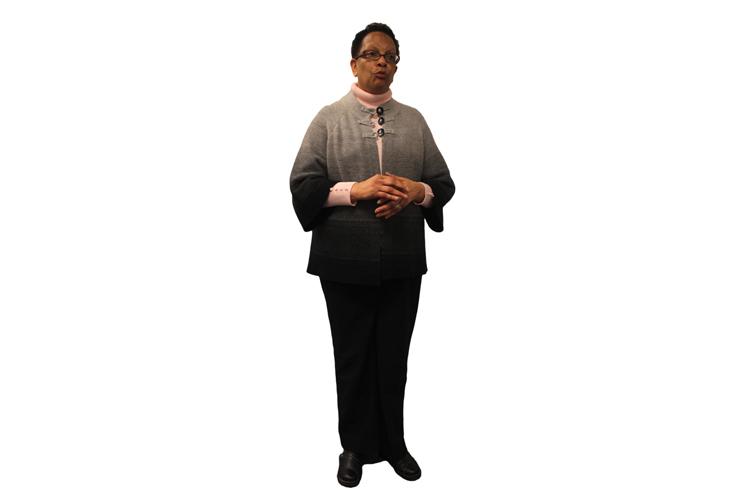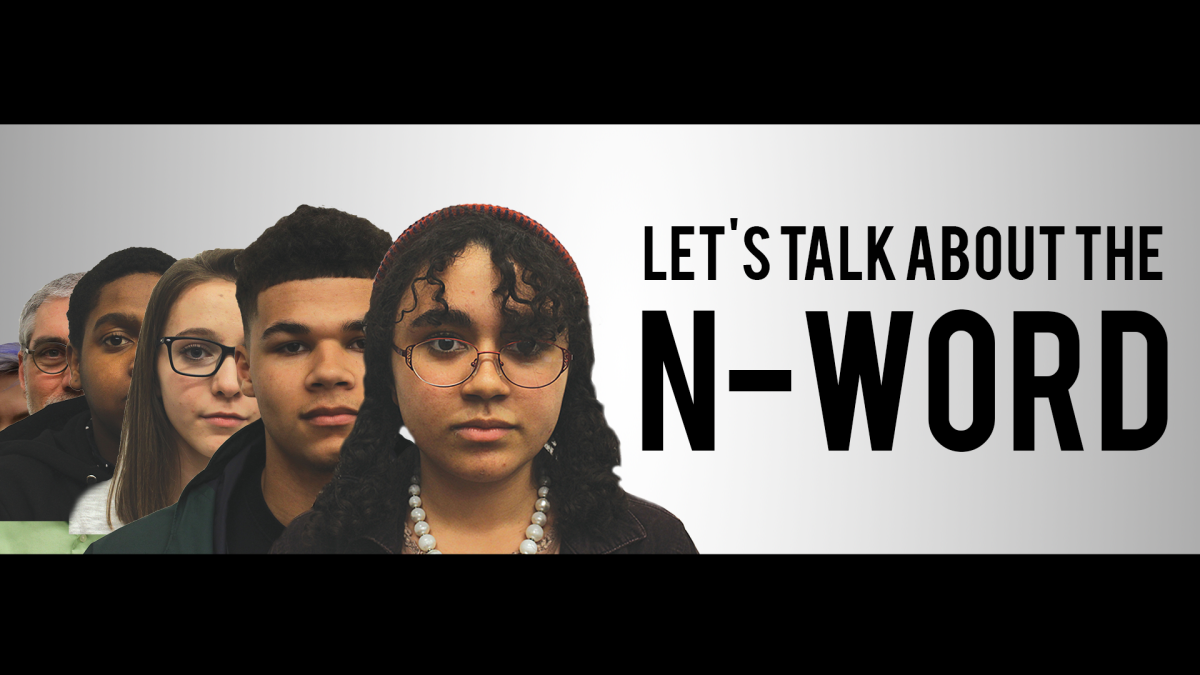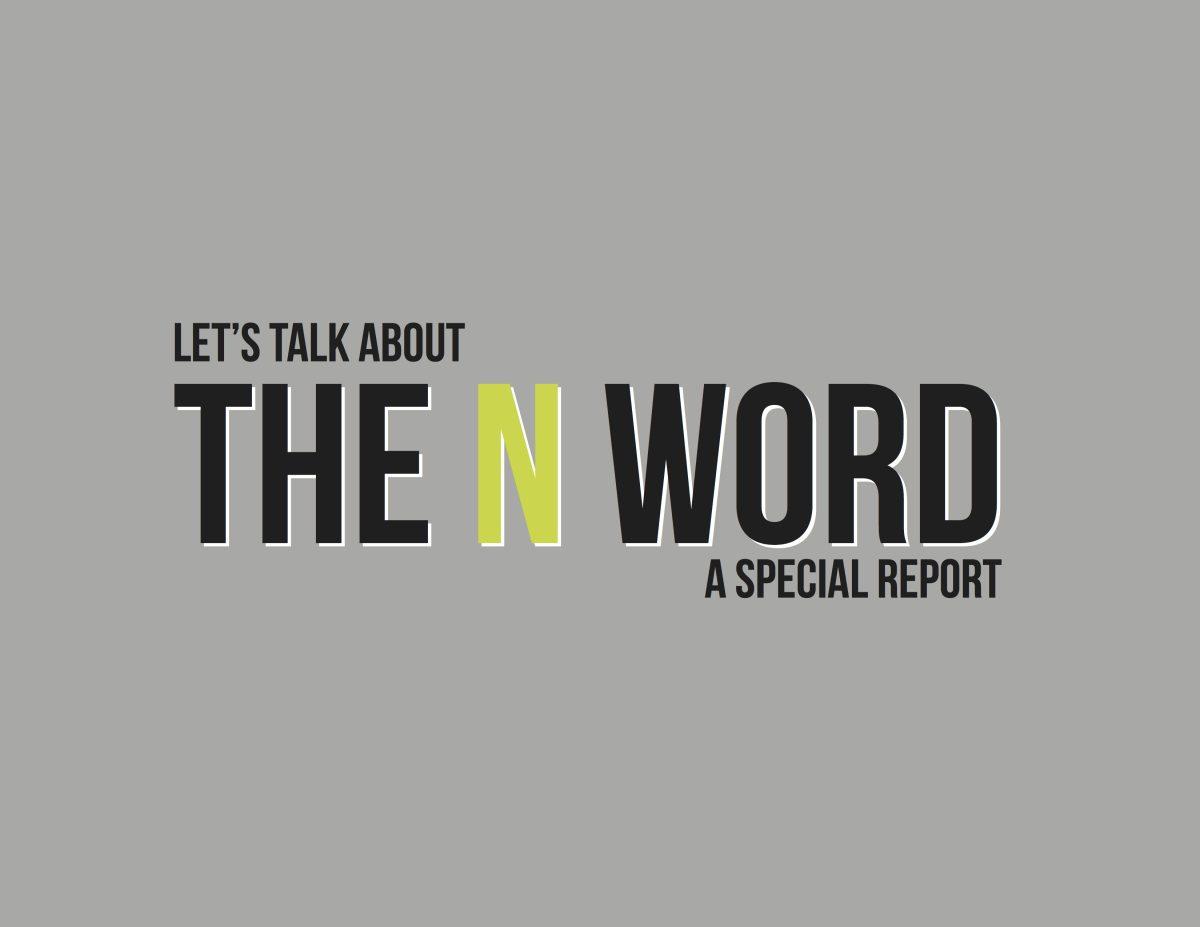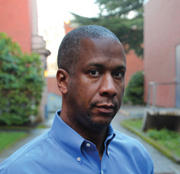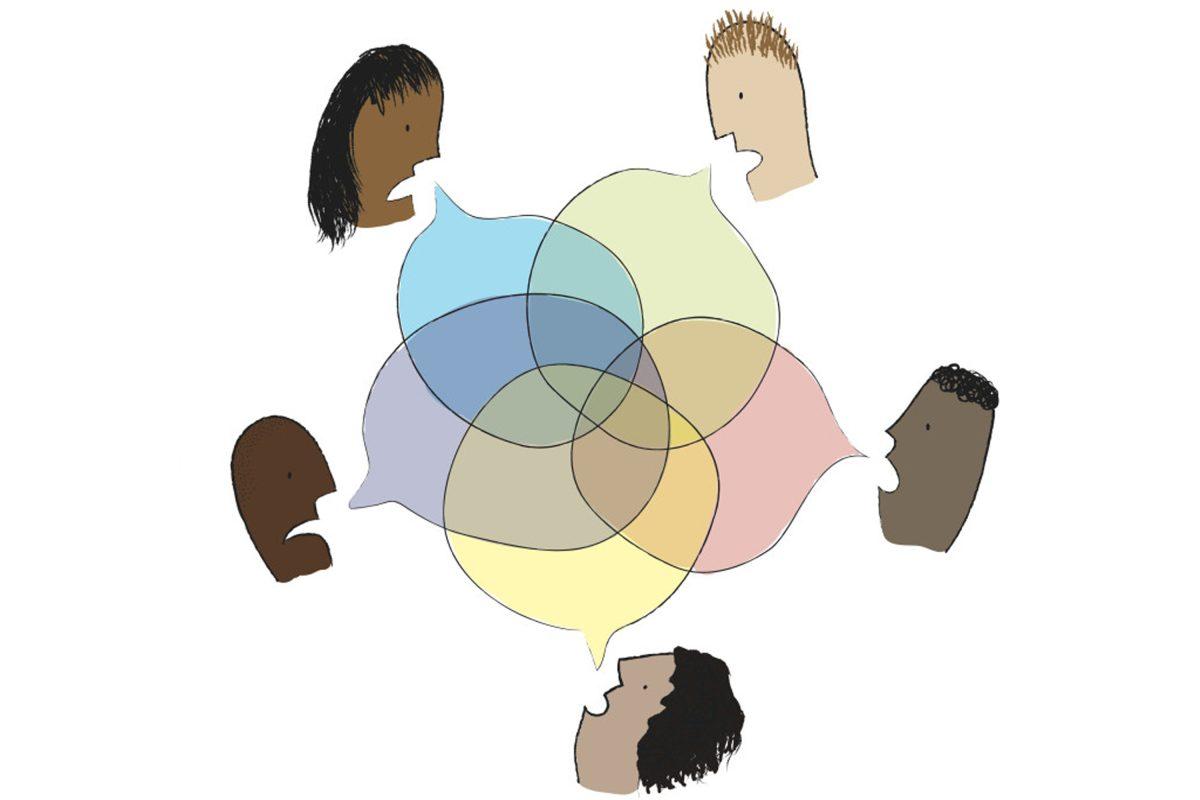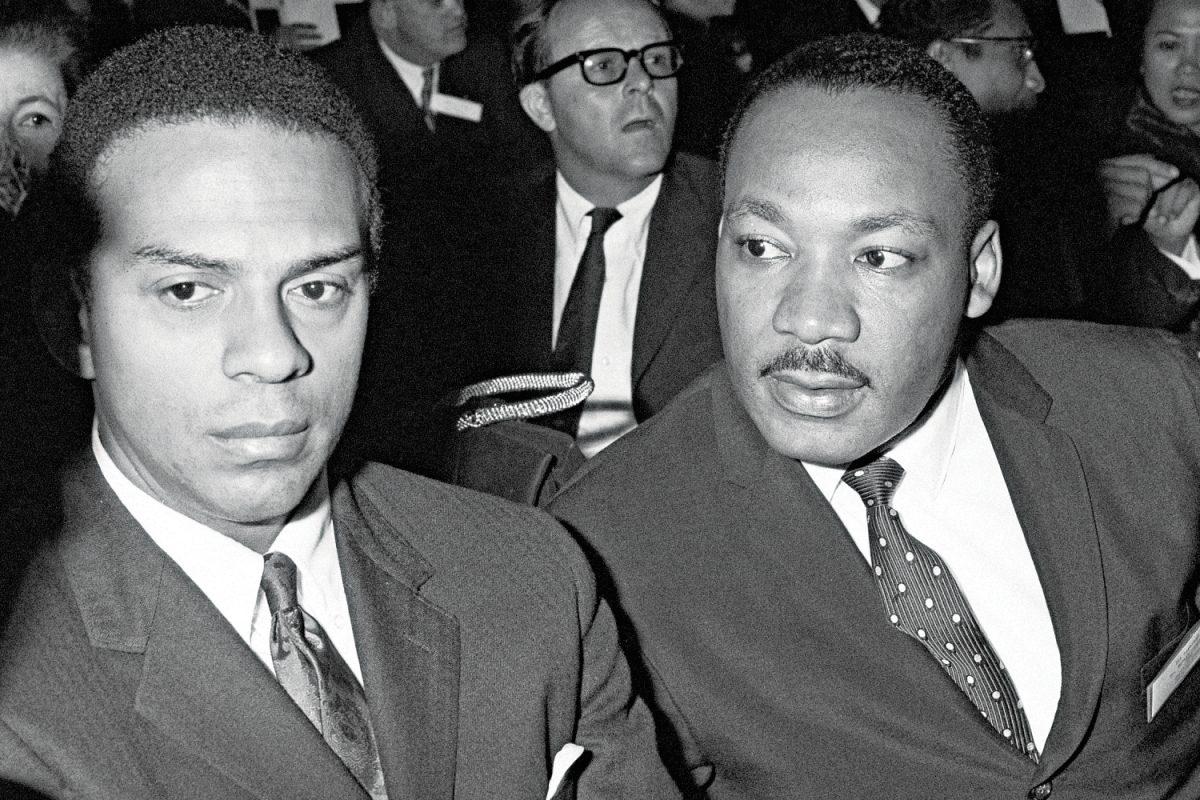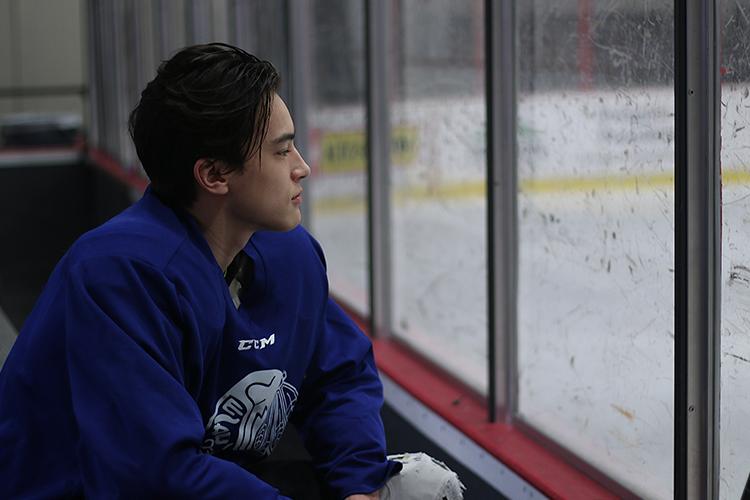
What’s your role in the Portland Public Schools equity department?
I focus on providing professional development around racial equity for school administrators.
You grew up in Texas and then moved to Oregon during your sophomore year of high school. What was your experience with the N-word in both places?
I grew up in a family that was very protective and…kept me isolated from overt racial language. The word was seen as very derogatory. Once I came to Oregon, I had to become accustomed to the word being used in a familial way, and I’m still uncomfortable, honestly, personally uncomfortable.
So what are the rules around using it? Are there any?
What I find important…is that as people of color, as African Americans, I think it’s important that we determine the narrative around the use of that word, and that that narrative not be determined by white people or any other race of people. It should be up to us as (black people) to decide the narrative for that word.
What’s your narrative or stance on the word?
Personally, I don’t think it should be used. I think when it is used, it is a negative word. However, I understand that that’s just my perspective on it. Whether the intent is to be harmful or not, that can always be debated. But the impact of the use of the word is much clearer and much less open to discussion. Did it harm or didn’t it harm? I think that that…would be most important for adults to consider. I think students should be engaged in a dialogue, but I do think there should be real close attention paid to the impact it’s having on African-American or black students.
You went to Grant during the height of the civil rights movement. What was that like?
There was talk about black power. The Black Panthers were definitely in the news and very much a part of the political scene then, as was Dr. Martin Luther King and Malcolm X. So there were discussions about how the civil rights movement should progress and what should happen and who should be in charge. I never witnessed any physical confrontations or verbal confrontations, but I heard about it. I would hear a group of white kids and, you know, there was going to be a big rumble…in the park, or somebody called somebody the N-word and they were going to get together and have a fight.
What’s the difference between then and now at Grant when it comes to racial dynamics?
I think about some of the incidents that I hear about in my office… a couple situations with the sports teams, and that is very much the kind of thing when I was there in the 60s and early 70s. The reaction to it now is somewhat different, because when I was in high school that would’ve just been ‘hush, hush.’ It would’ve been whispered and gossiped, but there would’ve been no direct and intentional way of dealing with it.
What’s the first step to dealing with these race-related incidents in an effective way?
I think that adults must realize that kids are having conversations about race, that kids notice race, that kids talk about race. That’s the adults’ responsibility, for us to get ourselves in a place so that we can create a space so the children can do what they’re going to do anyway. They’re going to talk. They want to know, and they need to grow and learn about race and themselves as racial beings as well as other people’s race and the impact that race is having on all of our lives. ◊





























